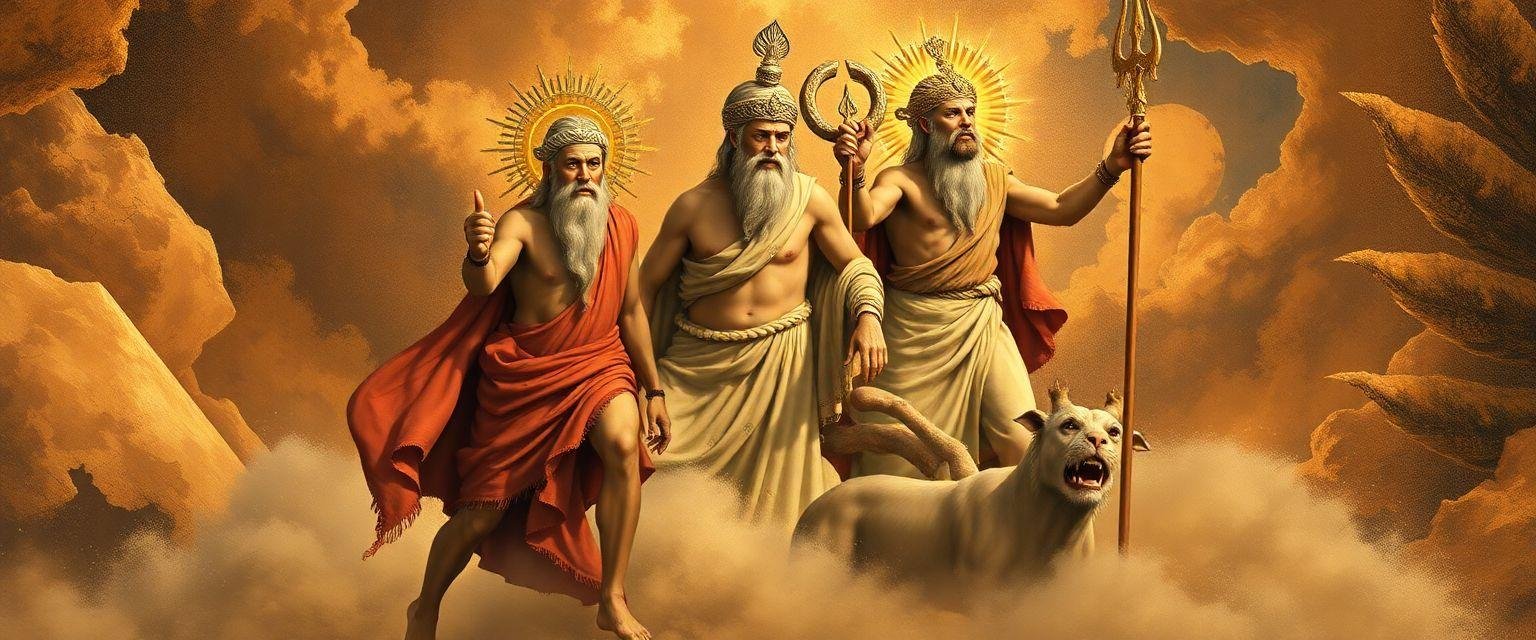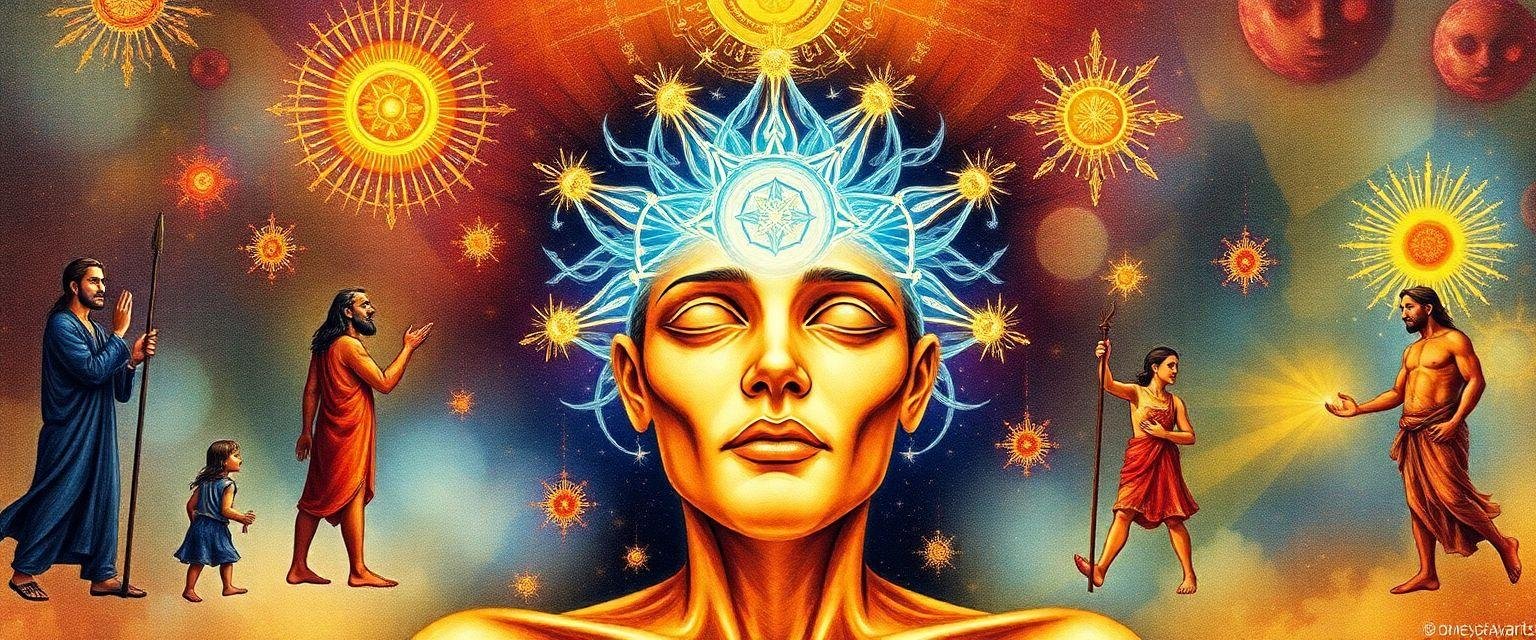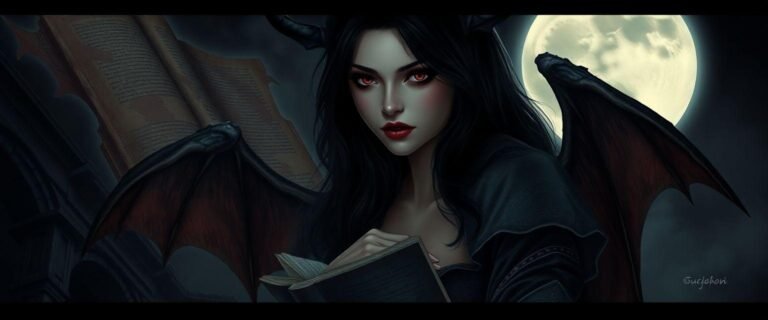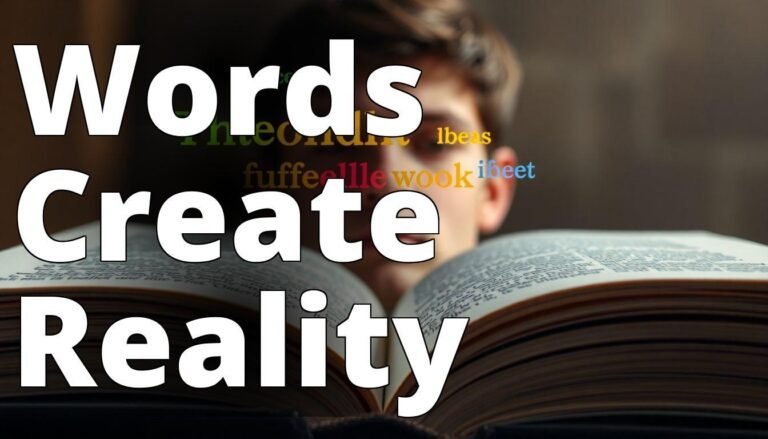Did God Create Man, or Man Create God?
The age-old question of whether God created man or man created God has been a source of wonder and conflict for millennia. At the heart of this debate lies a deeply philosophical consideration of humanity’s place in the universe and the nature of belief itself. As we unravel the tangled threads of religion’s origins and its evolution, we must ask ourselves: Are our beliefs shaped by divine intervention, or are they a mere construct of human imagination?
Understanding Ancient Religions’ Impact
Explore how ancient religions shape modern beliefs and practices, revealing insights into the nature of faith and spirituality.
– Ancient religions laid the groundwork for concepts of morality and the soul, influencing contemporary views on ethics and human existence.
– The evolution of the afterlife across cultures reflects changing beliefs about death and what lies beyond, impacting current faith traditions.
– The interplay between doubt and faith throughout history demonstrates how questioning has led to deeper understanding and personal beliefs in modern spirituality.
The Evolution of Religion
Religion, in its myriad forms, has been a cornerstone of human civilization. From the ancient rituals of the Egyptians to the grandeur of the Roman pantheon, religion has provided a framework for understanding the world. One might wonder, how did these ancient beliefs influence modern faiths?

Influence of Ancient Religions
The influence of ancient religions can be seen in many facets of modern faiths. For example, the concept of the afterlife is prominent in both ancient Egyptian beliefs and Christianity. The Egyptians envisioned a journey through the afterlife, guided by the god Osiris. Similarly, Christianity speaks of eternal life through Jesus Christ. Such parallels suggest that modern religions may have borrowed and adapted elements from their ancient predecessors.
Insider Tip: Dr. Karen Armstrong, a renowned scholar, suggests that understanding these connections can deepen our appreciation of religious diversity.
Thought-Provoking Question: If ancient beliefs shape modern faiths, what does this say about the nature of religious truth?
For further reading on the adaptation of ancient religious elements, consider exploring this source.
The Evolution of God
The concept of God has evolved significantly over time. Initially, deities were often seen as personifications of natural forces. As societies grew more complex, so too did their gods, evolving from simple anthropomorphic figures to complex, omnipotent beings.

The Anthropomorphism of Deity
In ancient times, gods were often depicted with human traits and emotions, a concept known as anthropomorphism. This humanization made deities relatable and accessible. Over time, however, the idea of a single, omnipotent God emerged, as seen in monotheistic religions like Christianity, Islam, and Judaism. This evolution reflects humanity’s growing understanding of the universe and our place within it.
Insider Tip: Professor Richard Dawkins posits that the shift toward monotheism represents a natural progression toward a more abstract and universal understanding of divinity.
Thought-Provoking Question: What does the evolution from many gods to one say about humanity’s quest for meaning?
For more insights into the evolution of deity concepts, you can check out this article.
The Evolution of Morality
Religion has always been intertwined with morality, providing guidelines for human behavior and societal norms. But where do these moral codes originate? Are they divinely inspired, or do they stem from human need for order and community?

Morality and Religion
Moral teachings across religions often share common themes, such as the Golden Rule: treat others as you wish to be treated. This universality suggests that morality might be a fundamental aspect of human nature rather than a religious construct. Psychological studies, such as those by Jonathan Haidt, indicate that moral intuitions are innate, rooted in our evolutionary past.
Insider Tip: Sociologist Émile Durkheim argued that religion serves to reinforce social cohesion and shared values, thus stabilizing societies.
Thought-Provoking Question: If morality is innate, what role should religion play in defining right and wrong?
Explore more about the relationship between morality and religion in this research study.
The Evolution of the Soul
The concept of the soul is another ancient idea that has persisted through time. Different cultures and religions have various interpretations of what the soul is and its significance.

The Soul Across Cultures
In ancient Egypt, the soul was believed to consist of multiple parts, each with a specific role in the afterlife. In contrast, Christianity views the soul as a singular, eternal essence that is judged after death. The Buddhist concept of Anatta, or “not-self,” challenges the very notion of a permanent soul. These diverse interpretations highlight humanity’s quest to understand consciousness and identity.
Insider Tip: Philosopher Plato famously described the soul as the true essence of a person, a perspective that continues to influence Western thought.
Thought-Provoking Question: Could our understanding of the soul evolve further with advancements in neuroscience?
For a deeper dive into the philosophical and theological perspectives on the soul, see this comprehensive overview.
The Evolution of the Afterlife
Beliefs about the afterlife have evolved dramatically, influenced by cultural, religious, and philosophical factors. How have these beliefs shaped human behavior and societal norms?

Afterlife Beliefs
The ancient Greeks believed in a shadowy existence in Hades, while Norse mythology described a vibrant Valhalla for warriors. Christianity introduced the concepts of Heaven and Hell, offering a moral incentive for righteous living. As society progresses, some people have turned to scientific theories like cryonics, reflecting a shift from traditional to secular views of immortality.
Insider Tip: Historian Tom Holland notes that the evolution of afterlife beliefs reflects humanity’s changing relationship with mortality and the unknown.
Thought-Provoking Question: How might future scientific advancements alter our perception of the afterlife?
To explore different cultural depictions of the afterlife, consider reading this article.
The Evolution of Creation
The story of creation is a central tenet in many religions, yet the narratives vary widely. What do these stories tell us about the cultures that created them?

Creation Myths
From the Genesis account in the Bible to the Hindu story of Vishnu’s dream, creation myths offer insight into how different cultures perceive the universe. Some see creation as an orderly process, others as a chaotic event. The scientific narrative of the Big Bang presents yet another view, challenging traditional creation stories and sparking debate about faith and science.
Insider Tip: Astrophysicist Dr. Neil deGrasse Tyson suggests that science and faith can coexist, each offering unique insights into the origins of the universe.
Thought-Provoking Question: Can traditional creation stories coexist with scientific explanations of the universe’s origins?
Expand your understanding of creation myths through this educational resource.
The Evolution of Faith
Faith has been a driving force throughout history, inspiring countless acts of kindness and bravery. But as society becomes more secular, how is faith evolving?

Faith and Modernity
In recent years, there has been a rise in secularism, particularly in Western societies. This trend has led to a reevaluation of faith’s role in daily life. Some argue that faith is becoming more personal, focused on individual spirituality rather than organized religion. Others believe that faith is being replaced by science and reason.
Insider Tip: Author Yuval Noah Harari suggests that modern society is creating new “religions” centered around ideologies like capitalism and nationalism.
Thought-Provoking Question: What role will faith play in future societies as they become increasingly diverse and interconnected?
For more insights into the changing landscape of faith, you can read this analysis.
The Evolution of Doubt
Doubt is an integral part of the human experience, often leading to deeper understanding and innovation. How has doubt evolved alongside faith?

The Role of Doubt
Throughout history, doubt has driven philosophical inquiry and scientific discovery. Figures like René Descartes embraced doubt as a method for seeking truth. In religious contexts, doubt can lead to a crisis of faith but also to greater spiritual maturity. In an age of information and misinformation, doubt is more relevant than ever, encouraging critical thinking and skepticism.
Insider Tip: Theologian Paul Tillich argued that doubt is not the opposite of faith but an element of it, providing a path to deeper belief.
Thought-Provoking Question: Can doubt coexist with faith, or does it inevitably erode belief?
Explore the philosophical and theological implications of doubt in this thoughtful essay.
The Evolution of You
Ultimately, the evolution of religion, God, morality, the soul, the afterlife, creation, faith, and doubt is a reflection of the evolution of humanity itself. How do these elements shape who we are?

Personal Reflection
As individuals, we are shaped by our beliefs, values, and experiences. Religion and spirituality can offer comfort and community, while doubt and questioning can lead to personal growth and self-discovery. In a rapidly changing world, understanding the evolution of these concepts can help us navigate our own journeys.
Insider Tip: Psychologist Carl Jung emphasized the importance of integrating all aspects of the self, including faith and doubt, to achieve personal wholeness.
Thought-Provoking Question: How do your beliefs and doubts shape your identity and worldview?
For a deeper exploration of the psychological dimensions of belief, see this resource.
Conclusion
The evolution of religion and its many facets is a testament to humanity’s enduring quest for meaning and understanding. Whether God created man or man created God may remain an open question, but the journey of exploration is as enlightening as the answer itself. By examining the past, we gain insights into the present and shape our vision for the future. As we continue to evolve, so too will our beliefs, reflecting the ever-changing tapestry of human experience.
For more information on related topics, visit our main site.







